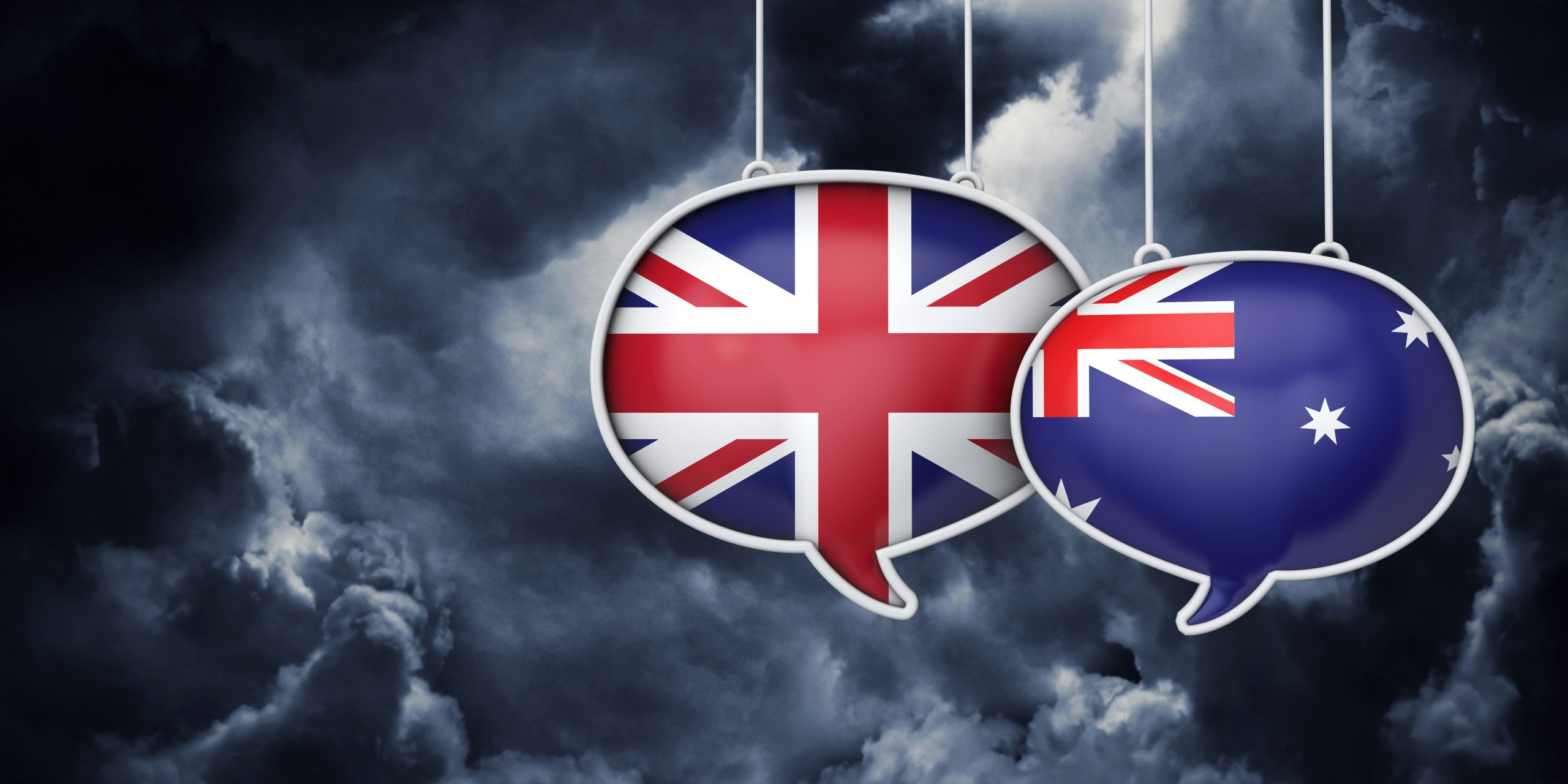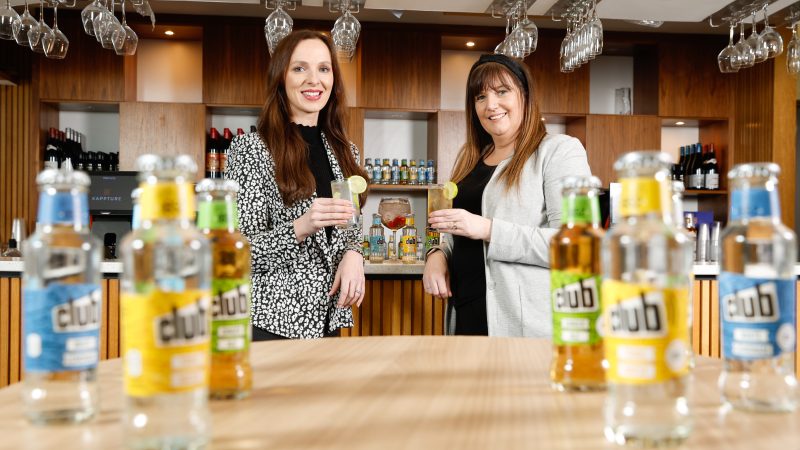UK-Australia trade deal could complicate post-Brexit solution in Northern Ireland, according to POLITICO

EU officials are concerned that Northern Ireland may act as a backdoor for lower quality goods into the single market, Politico has said as the antipodean deal was announced.
Closer to home, DAERA Minister Poots has also voiced concerns.
A Free Trade Agreement (FTA) has been finalised in board terms, with the final Agreement in Principle to be published in the coming days.
Minister Poots said: “I note the announcement on a Free Trade Agreement with Australia and I am urgently seeking further detail on the terms agreed. I have been clear in my discussions with UK Ministers that tariff free access to the UK market for Australian farm produce is a very serious threat to our farmers even if that access is phased in over a number of years. It is absolutely vital that Northern Ireland’s agriculture sector is protected and the integrity of our food standards are maintained.
“Consumers rightly expect high welfare standards and high quality food – that means that all imports must meet our standards. That is what they will get with locally produced and reared food.
“I am very disappointed that there has not been greater involvement of Devolved Authorities in the negotiations and this is something that needs to change in the future, given that this deal has the potential to have a significant impact on agriculture, which is a devolved matter.”
Initial analysis
The Politico initial analysis is that the U.K.-Australia trade deal risks undermining efforts to ease post-Brexit tensions in Northern Ireland by securing a food- and plant-safety agreement between Brussels and London.
U.K. Prime Minister Boris Johnson and his Australian counterpart Scott Morrison announced a political agreement on June 15th , outlining the broad terms of a trade deal, but the details are limited. Neither side published a full text of what has been agreed so far and chunks of the accord are not yet complete, with areas still requiring final drafting, two UK officials told POLITICO.
Some drafting covering agriculture and seen by POLITICO suggests there would be fewer checks carried on Australian products, including fertilizers and meat, than is currently the case when they are imported by the EU. A British official said they believed that in these areas, plus others such as imported feed for animals, and other grains, fewer checks would lead to reduced enforcement of standards compared with EU practice.
EU officials have concerns that Northern Ireland might act as a backdoor into their single market. The liberalisation of agricultural trade hinted at so far in the U.K.-Australia deal has added to their concerns, according to POLITICO’s report.
Less scrutiny
The Australia deal would be the first the U.K. has negotiated from scratch since Brexit. Others, such as the Japan deal agreed in September last year, were based on a roll-over of terms the U.K. enjoyed while a member of the EU. It is therefore the first one in which EU standards and enforcement requirements have not formed the starting point in negotiations, POLITICO wrote in its online report.
“It’s unclear what provisions the deal might contain in order to keep Britain’s commitments under the Brexit trade deal, the Trade and Cooperation Agreement, and the Withdrawal Agreement, the divorce treaty that includes the Northern Ireland protocol.
Outworkings
“It is still not clear how Northern Ireland’s ability to benefit from London’s trade deals with third countries will work in practice. It was already not included in key quota calculations governing steel imports, leading to disruption for the industry. Brexit has also thrown up issues for exporters selling into the U.K. An example of this is meat-quota calculations that cut market access for New Zealand” wrote POLITICO.
“There is also an apparent conflict in the application of trade-defense regimes between the EU’s and U.K.’s jurisdiction. Northern Irish producers impacted by unfair imports from the EU cannot take up their case with Brussels.”
Neighbourhood Retailer
Newsletter Sign Up Link > http://eepurl.com/deWOqf







